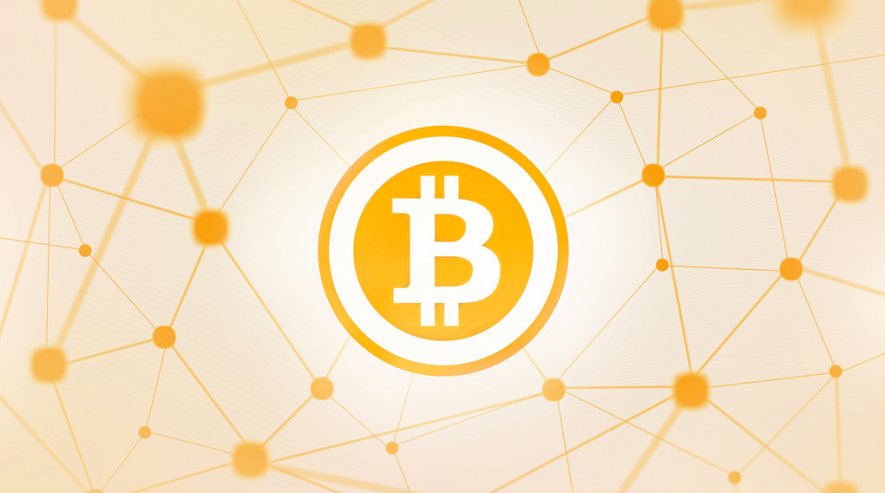Bitcoin: Tread with Caution

George Soros, the legendary hedge manager, once said that in the financial markets, it doesn’t matter whether one is right or wrong: What matters is how much money one makes when right and how much one loses when wrong.
Investors who managed to catch Bitcoin early, look like geniuses and those calling for a crash within a short time frame will also look like market gurus if they profit from its downfall.
The attention of retail investors usually comes at extreme price points -- either when Bitcoin is making new highs or there is a very deep correction.
At this juncture, first-time investors in the cryptocurrency space should not jump right in. There are many indicators that a big correction can occur over the next few weeks.
Up until now, Bitcoin has been one-directional bet. Market participants have not been able to express their bearish view on the cryptocurrency by taking short positions. Thus, every correction on its parabolic rise up was only a function of investors booking profits. However, from December 11, Bitcoin futures have been launched on major exchanges in the US, including the Chicago Mercantile Exchange, which would give financial institutions an opportunity to be net short Bitcoin futures. This would imply a much fairer and a more efficient pricing mechanism. Remember, the Tulip bubble burst after the Dutch Government introduces Tulip futures.
Why does Bitcoin seem like a unique bubble?
When we speak of bubbles -- be it the Tulip bubble, the South Sea bubble, the Mississippi bubble, the Silver bubble of the 1980s, the Nikkei bubble of the late 1980s, the Dotcom bubble of the 1990s, the Housing bubble of the mid-2000s as well the most recent gold rush of 2011-2013 -- they all display similar characteristics when it comes to the excessive ownership of the underlying asset as well the exponential price movement. Further, during the bubble, although certain valuation metrics may be in place to measure the intrinsic value of the asset, it is usually the subjective value investors put on the asset which dictates the market price.
For example, if North Korea were to actually launch a nuclear warhead tomorrow, there would be no reason for a non-yielding asset like gold to be trading at $1,600 per ounce. Similarly, if real interest rates globally were to rise in an unexpected manner in a very short time, there is nothing to stop gold trading below its cost of production. One cannot reason these prices at such times. But such price levels are almost always never sustainable and revert to logical price bands.
Bitcoin has no pricing model. Conventionally speaking, it's a non-productive asset.
Bitcoin miners are annually using the electricity consumption equivalent to that of Nigeria. Their costs are likely to increase and by some estimates, the cost (electricity) of mining per year would be the annual electricity consumption of Japan over the next few years. This is why most miners are based out of Iceland where cooling costs for their servers are low while others are based in China where electricity is being subsidised. Clearly, from the energy consumption perspective, the cost of mining a bitcoin at present seems unsustainable.
In terms of participation or ownership of the asset, the Bitcoin phenomenon seems to have more frenzy than most recent financial bubbles. People who have never invested in a stock, bond or real estate suddenly want to own Bitcoin. The most popular topic at many social gatherings is: "Which crypto is the next bitcoin?"
One of the biggest risks with the Bitcoin and cryptocurrencies is the legal and regulatory risk. The beauty of bubbles is that during the bubble, many policymakers and observers do see clear signs of frenzy and irrational exuberance. But it is usually the market itself which bursts the bubble and not the government. This is simply because when you burst a bubble prematurely, there is a high possibility of bursting a lot of "non-bubbles" which may hurt the real economy. However, with cryptocurrencies, this is not the case. If the US Federal Reserve were to simply say that ownership of a Bitcoin is illegal and declare it worthless (or even fix a price for it as it is essentially priced in US dollars), the price would come tumbling down.
Bitcoin and other cryptocurrencies have never been through a financial crisis. One cannot be certain that the crypto asset class is completely non-correlated from the financial system. Thus, comparisons between gold and bitcoin are unjustifiable and it should not be commanding any "safe haven" premium currently.
What seems certain is that the technology underlying Bitcoin -- Blockchain -- is here to stay and will be more dominant in the future across industries from healthcare to retail. Further, investors should also study the likes of Ethereum and Ripple.
(The author has owned Bitcoin in the past but has no position in it currently. Vatsal Srivastava is Consulting Editor [Currency and Commodities] with IANS.)
Disclaimer: The views expressed here are the author's personal views, and do not necessarily represent the views of Newsclick.
Get the latest reports & analysis with people's perspective on Protests, movements & deep analytical videos, discussions of the current affairs in your Telegram app. Subscribe to NewsClick's Telegram channel & get Real-Time updates on stories, as they get published on our website.
























